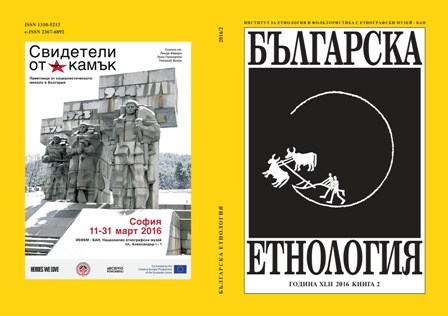
We kindly inform you that, as long as the subject affiliation of our 300.000+ articles is in progress, you might get unsufficient or no results on your third level or second level search. In this case, please broaden your search criteria.

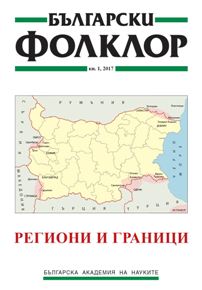
The article investigates Dobrudzha (in the political boundaries of Bulgaria and Romania) – a zone of interpenetration of identities and cultural practices among the population as a result of its long co-habitation within the Ottoman Empire on the Black sea shores and on the banks of the lower Danube River. The author uses a syncretic approach, including observation in situ allowing both for the pointing out of the “internal” multiplicity of practices connected to one or more denominations, as well as for the outlining of ‘trans-confessional’ and the ‘trans-ethnic’ similarities – healing practices, contacts with trees, stones and springs as the intermediaries of the divine. The aim is to investigate some details, as well as to reveal common places and diversity.
More...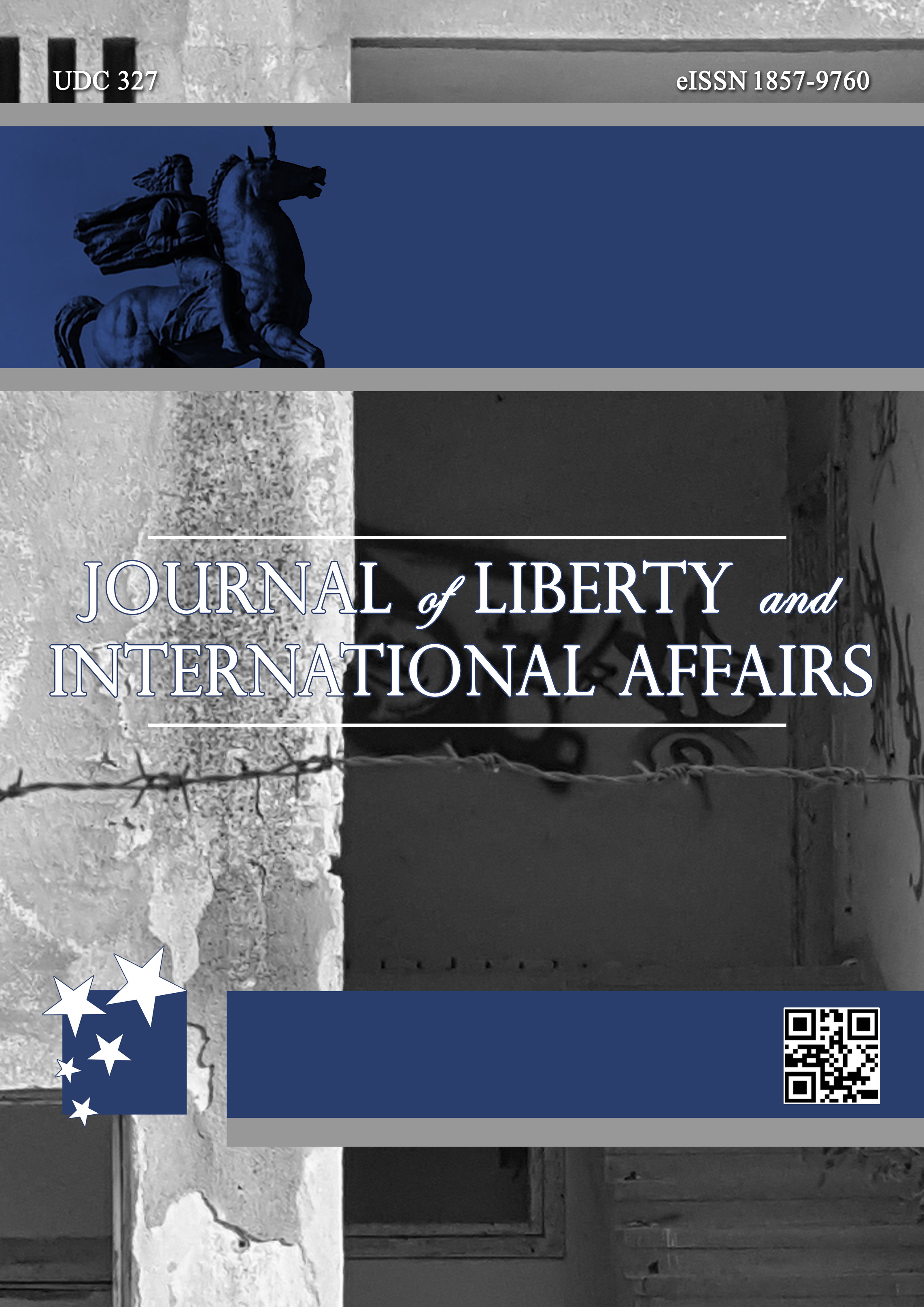
The Syrian civil war exacerbated sectarian divisions between the Alawite-ruled Syrian government and Syria’s Sunni population, straining also the relations between the Sunni majority and Alawite and Alevi minorities of the neighboring Turkey. The Alawites and Alevis of Turkey were predominantly supporting Syria’s president Bashar al-Asad, while the Turkish government greatly supported the Sunni insurgents of Syria. The paper aims at examining how Alawites and Alevis have influenced the relations between Turkey and Syria in the light of the Syrian civil war, the reasons behind the sympathy of Alevis for the Syrian government and the implications that Turkey’s Syria policy has had domestically. It finds that the Alevi / Alawite factor has had some restraining effects on Turkey’s antagonistic policy towards Syria. In the introductory part, the article touches upon the differences and the similarities between Alevis and Alawites, then it analyzes the developments in regards Turkey’s policy towards the Syrian crisis that were also reflected in Ankara’s domestic policy vis-à-vis its Alevi and Alawite minorities.
More...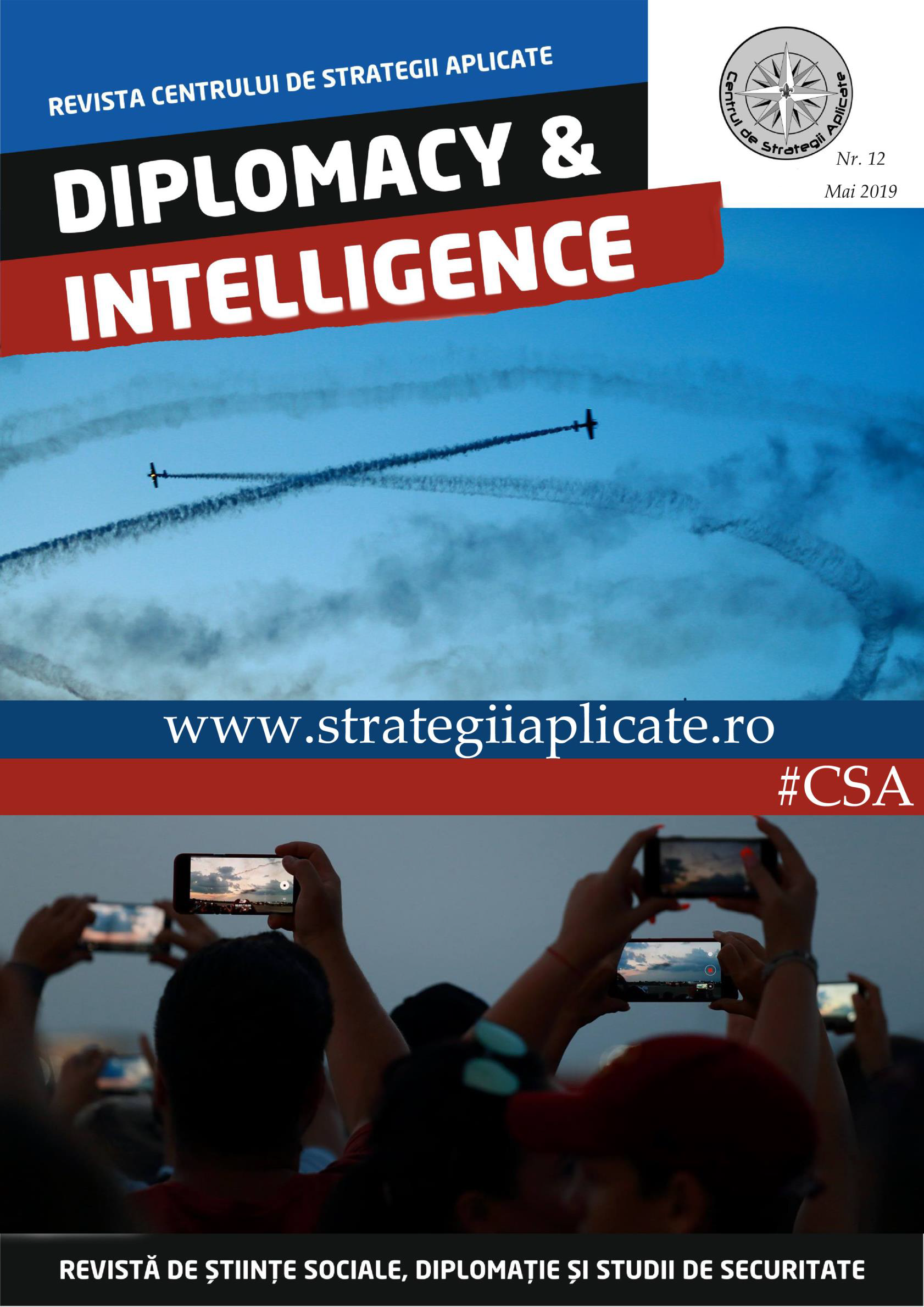
Most international relations theorists regard the state as their primary actor, and the security concept is based too upon the society in its state form. However, the present phase of state existence, was only achieved after an extensive process of human societies' development in this direction, and the current state form, in its turn, is not definitive, as the state-organized societies are still in a continuous process of evolution, characterized by permanent change. In this paper we shall analyze how human societies have traversed the transition from the early stage, based on the itinerant exploitation of natural resources, which requires only an incipient organization,to the proto-state societies, and then, in a later process, we will continue our analysis until we find the model of state that we meet today.
More...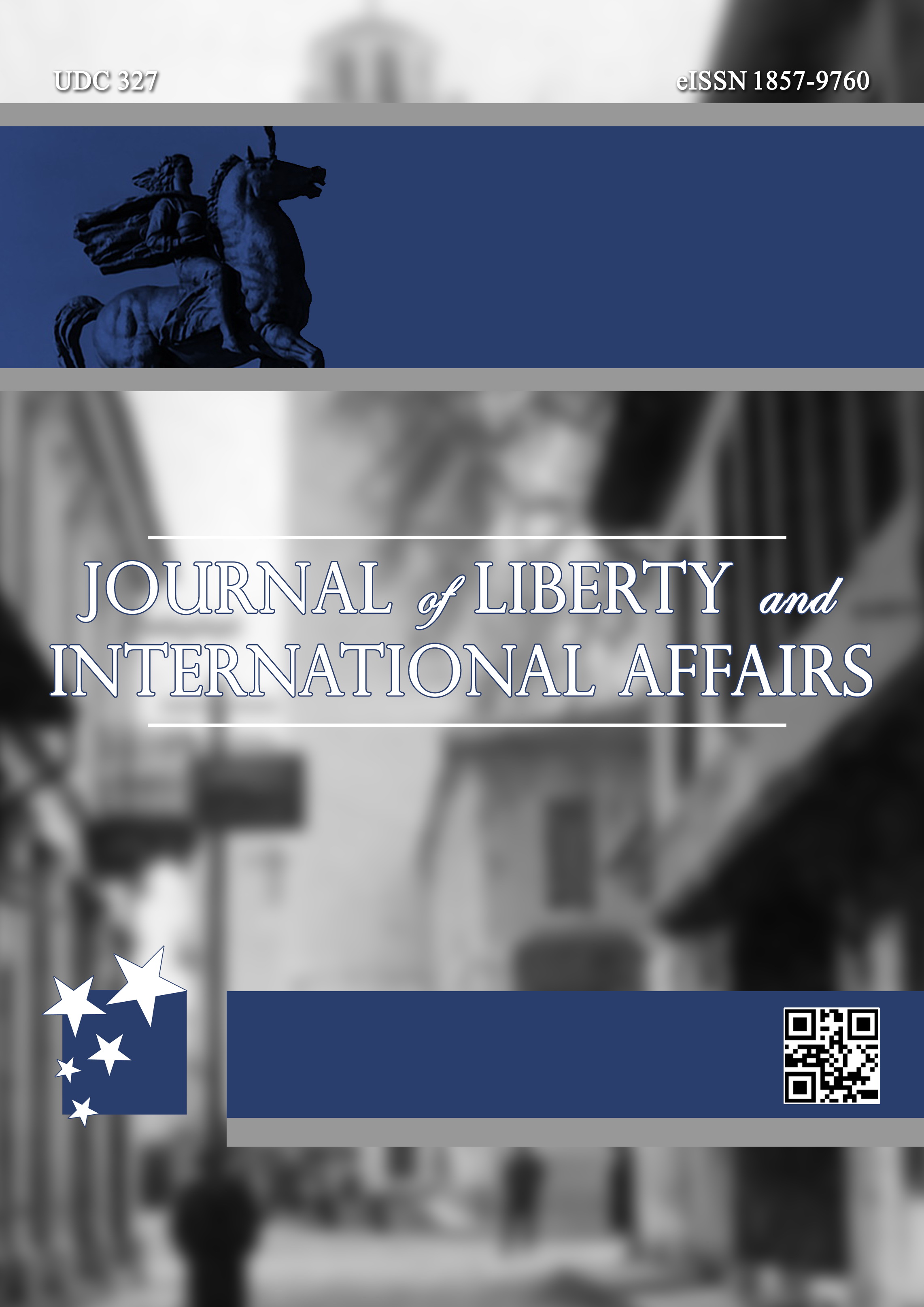
The main objective of this article is to analyze the impact of Ankara’s reference to the legacy of the Ottoman Empire on contemporary Turkish foreign policy and the attitude of Poland towards such a reversal in Turkish diplomacy. Turkey is now more aware that it has no chance of gaining European Union membership. In this situation, Ankara has begun to emphasize its Eurasian character and is trying to build its influence in the region, in particular among eastern and southern neighbors. To have a greater impact on its neighbors, Turkey refers to the legacy of the Ottoman Empire. The weakening of Ankara's political relations with the western world is particularly worrisome for Poland, which appreciates Turkey's geostrategic position and its role in the European security system. The greatest concern among Poles is caused by the political and economic rapprochement between Ankara and Moscow. What also disturbs Poles is the fact that Turkey, which had made pro-democratic efforts, is departing from the principles fundamental to Europeans.
More...
The aim of this paper is to indicate current trends in the conventional arms trade in the Middle East and to determine its implications for regional security. The author attempts to answer the following questions: What are the trends in the legal arm imports and exports in the Middle East? What are the main problems related to arms trafficking in the region? How does the arms trade impact regional security in the Middle East? The participation of the Middle Eastern countries in global arms imports over the period 2015-2019 was analyzed as well as arms trafficking conducted by the states and non-state actors, including criminal organizations. The study was based on the analysis of relevant literature and sources as well as statistical methods, which allowed to determine the share of individual countries in the global and regional arms market. The quantitative analysis was based on the latest SIPRI reports, while the UNROCA register was used as an auxiliary source. The author assumes that the arms trade is multidimensional: it should not be deemed negative, provided that it is conducted transparently and in accordance with international law. On the other hand, the states’ unwillingness to put arms trade under international control, arming the parties of prolonged armed conflicts and arms trafficking by non-state actors, poses a threat to international security. The analyzed issue can be relevant for studies on current conflicts and instability in the Middle East, but also for studying their consequences for other parts of the world, particularly Europe.
More...
The subject of research in this article is the phenomenon of foreign fighters participating in the Ukrainian-Russian armed conflict in the years 2014-2020. The author focused on the case of volunteers from Serbia, who are one of the most numerous national groups supporting pro-Russian separatists in Donbass. Their involvement in the conflict affects not only the security of Ukraine but also the (un)stability of the Western Balkans. The main purpose of this article is to clarify the essence and consequences of the participation of Serbian fighters in the armed conflict in eastern Ukraine. In the first part of the text, the definition framework for the concept of “foreign fighters” and its evolution towards “foreign terrorist fighters” has been discussed. Subsequently, a detailed analysis of the main problem was carried out, and the following research questions were answered: 1) What is the scale of the phenomenon of Serbian volunteers comparing them to foreign fighters from other countries? 2) What are their motivations goals, and what are their recruitment process and ways of moving into the war zone? 3) What threat returning fighters pose to the security of the Western Balkans and how individual countries counteract this phenomenon? The author mainly used qualitative research methods: historical analysis, comparative analysis, and critical analysis of literature, research papers, documents, reports, press materials. Based on the conducted research, it can be concluded that Serbian volunteers fighting in Donbass pose a potential threat to the security of the Western Balkans. Veterans returning to their places of origin may conduct subversive or terrorist activities on behalf of Russian intelligence, as in the case of Montenegro in 2016.
More...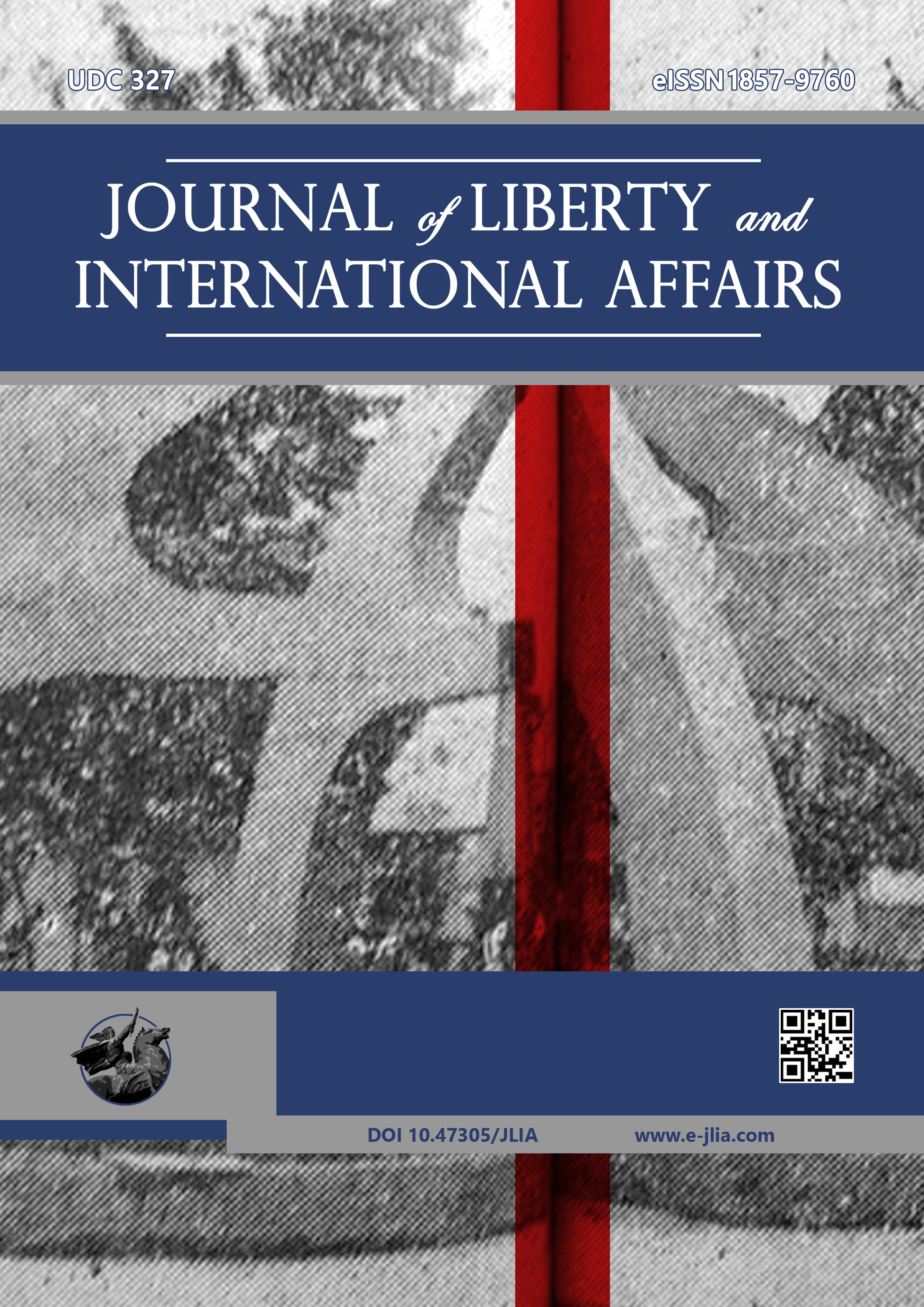
Terrorism with religious ideological background today is a serious global threat. The modern infrastructure and the communications of movement allowed terrorist organizations to be able to attack everywhere in the world. The issue that is a point of interest of this paper is the current situation of returning the foreign terrorist fighters to their home country or third countries and the security consequences that may arise if they are not treated properly. For a more detailed perception of this problem through the case analysis – an operative police action related to the foreign terrorist fighters, the functional aspects of the criminal prosecution bodies of the Republic of North Macedonia will be better perceived and studied. Also, a special emphasis will be placed on the strategy for the fight against violent extremism and the financing of terrorist fighters.
More...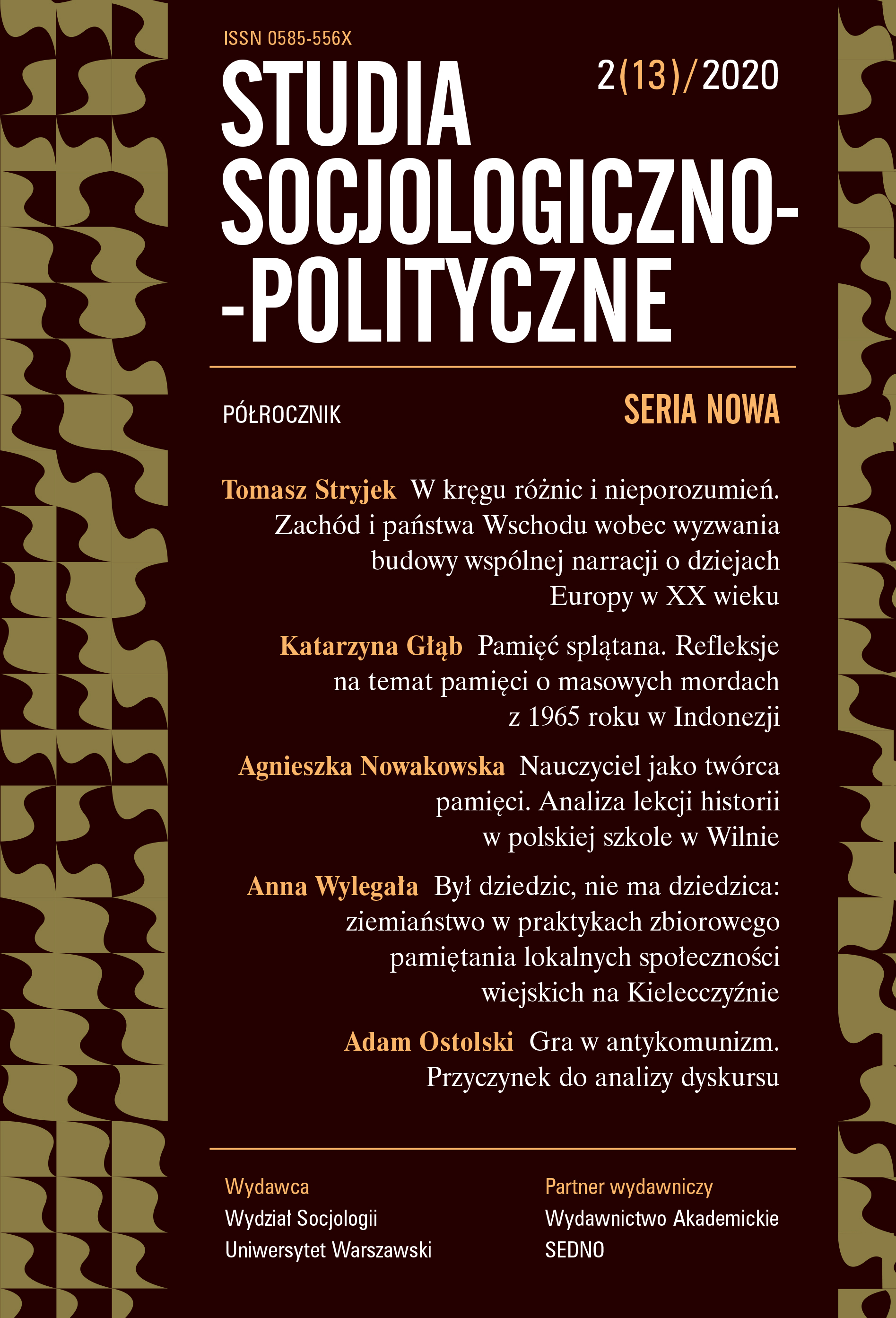
The essay concerns attempts to shape a common narrative about the history of Europe in the 1939–1991 period made by representatives of the Western Europe and the region of Central and Eastern Europe (East) since the fall of communism and collapse of the Eastern Bloc. It shows at the beginning the encounter and next the clash between two different historical experiences and narratives of West and East, and as a result the growing misunderstandings. The author distinguishes three strategies of the politics of memory used by the Eastern states internally and toward neighbors: historical reconciliation, transitional justice and national identity politics of memory. The author analyzes how the latter prevailed in the post-Yugoslav states in 1990s and in the states located on the Timothy Snyder's Bloodlands in the second decade of 21st century. Of a special subject of analysis are the two most explosive contemporary memory conflicts in the region: Serbian-Croatian and Polish-Ukrainian. The author shows how these conflicts developed in the conditions of a growing lack of understanding of the East by the West. The West representatives in the EU did not fully admit the postulates to change the common historical narrative in Europe put forward by the representatives of the East. Neither the entire EU nor its old member states did take a position on the disputes over memory between the Eastern states. As a result these conflicts linger and the prospects for ending them are weak.
More...
In recent days in Vietnam, the amount of fake news spreading online about the Covid-19 epidemic has shown signs of increasing, causing information confusion and complicating the situation. This fact has received significant attention from scientists. To supplement the evidence of previous studies, enrich the research literature and make policy recommendations to the Government, this study explores the factors influencing the sharing of fake news on social networks. This study was conducted through a cross-sectional survey using an intentional sampling technique (n = 200) multivariate linear regression analysis technique was applied to prove the hypotheses. Research results show that the factors of altruism, entertainment, socialization, self-promotion, and instant information sharing have a positive and meaningful impact on sharing fake news about Covid_19 on social networks.
More...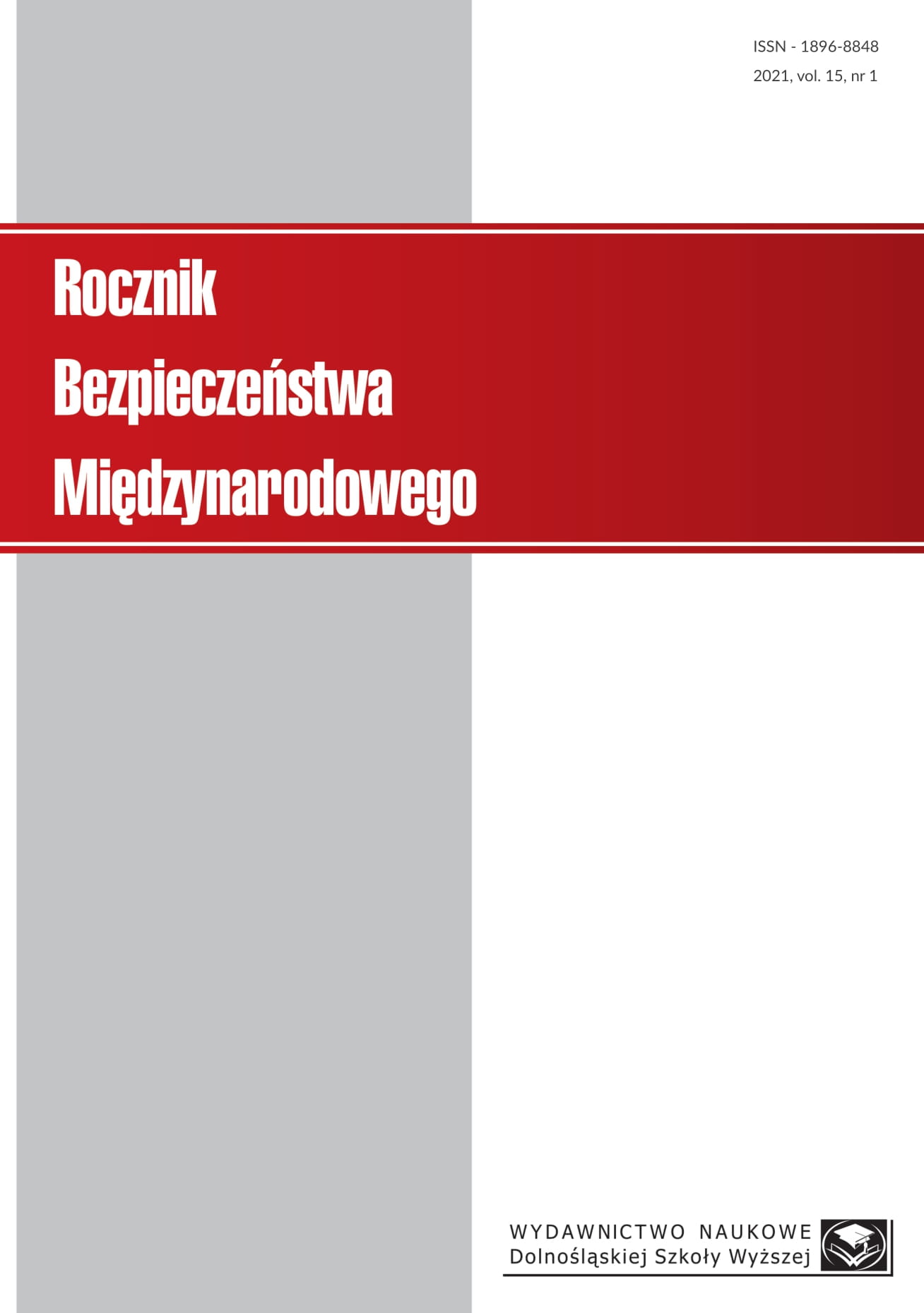
The paper aims to analyze the development of national and liberation organizations in Baluchistan. The author attempts to answer the following questions: Why had pakistanyiat become obligatory to all people wanting to live in Pakistan? What were the reasons behind the formation of the Baluchistan National Movement, the Baloch Liberation Front, and the Liberation Army? What does the Baloch society expect from the authorities? The study was based on a critical review of the literature and other available and valuable sources such as Jinnah’s speeches. Another method used in the study was a synthesis that allowed the author to form conclusions. Studying Baluchistan means limited access to sources and materials since traveling to the land of Baluchistan is restricted by specific rules, and one can only visit the place under certain circumstances. Research on Baluchistan is relevant for studies of national liberation movements and current internal conflicts.
More...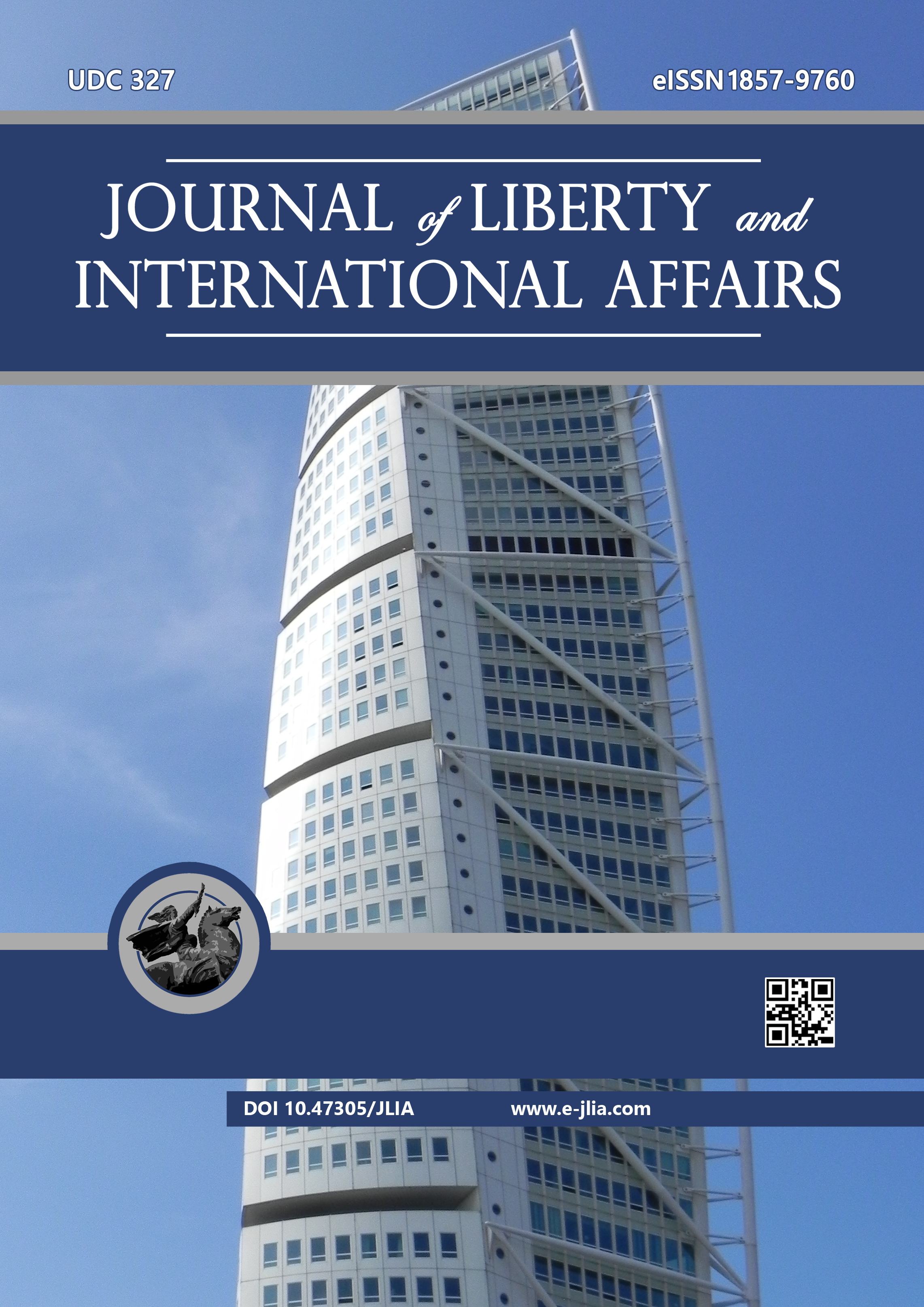
Nuclear, chemical, and biological weapons represent the biggest danger to humanity. During the Cold War, the US and USSR provided ‘umbrella protection’ to convince allies not to acquire nuclear weapons. Most ‘newly’ independent nations never had such security during the Cold War since they were not part of a power bloc. During the Iran-Iraq conflict (1980-1988), the Islamic Republic of Iran was attacked with chemical weapons. Since Mujahedin-e-Khalq (MEK), an Iranian exile organization, exposed Iran's hidden nuclear program in 2002, the topic has gained worldwide attention. Iran's nuclear agenda has produced a worldwide catastrophe despite its NPT membership. Iran says its nuclear program is peaceful and respects Islamic values. Most US politicians and academics consider Iran a rough nation with political and strategic concerns, including regional hegemony, human rights, terrorism, WMD proliferation, and military operations beyond the border. This study examines Iran's nuclear policies to demonstrate its essence, goal, and strategy.
More...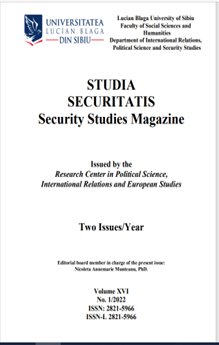
The understanding of ethnonationalism as the foundation of terrorist groups was long suspected to be true, yet only in the last decade, could the research prove to be so. These non-statal actors, which do not act in a violent manner, can become important threats for the national of international security, if provided with the right interest. Stating this, the implications for the regional and European security can be tremendous, as the civilian society will suffer greatly as an aftermath of a terrorist attack. Following this study, knowledge will be gained that will help to better understand the dynamics of relations developed between statal and non-statal actors. This paper is also an instrument underlying the concept of ethnonationalism and the connection of the term with terrorism, as we presently know it. From a methodological point of view, a qualitative method of research was used – the analysis of a case study, alongside a brief specialty literature review, in which research results regarding the topic were described. This article is open to any and all society members and can raise awareness of the public regarding the phenomenon of transformation of a non-statal actor, by providing some well-needed indicators.
More...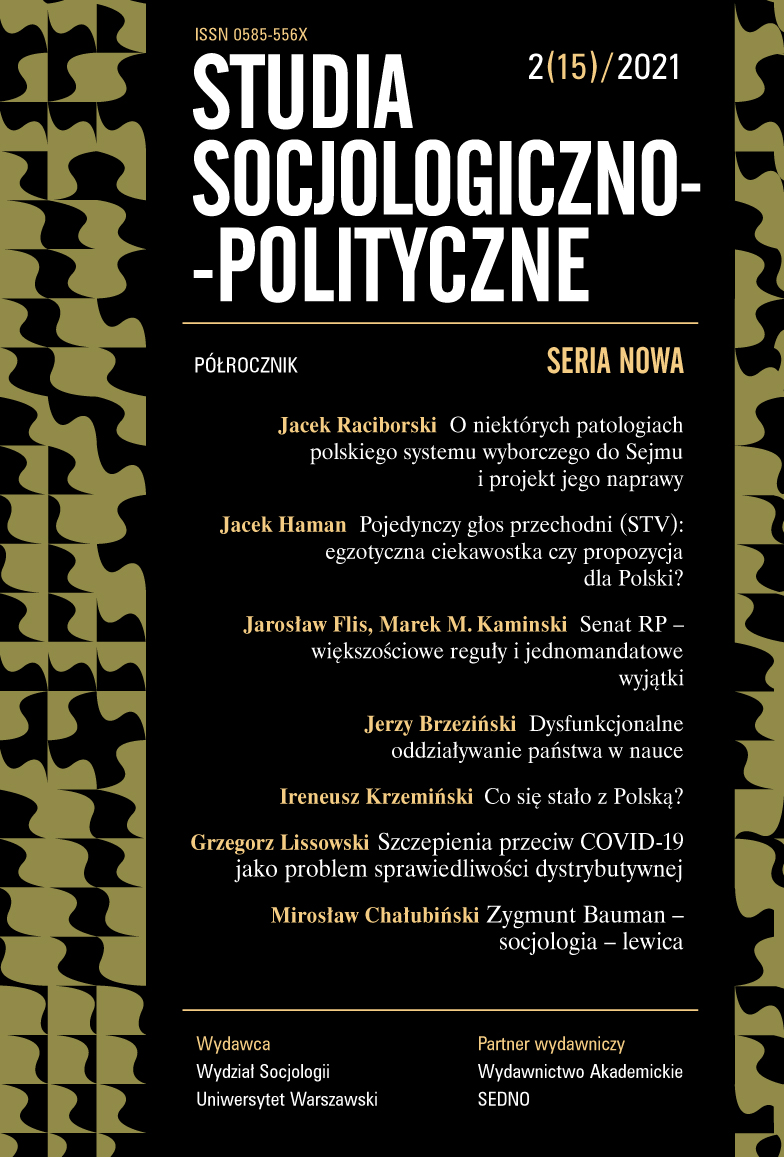
In this article the author attempts to describe the social and political reasons of the authoritarian shift in Poland under the Law & Justice (PiS) coalition government. The nationalist and catholic ideology is at the root of dismantling the institutions of the state of law. Unfulfilled economic and social aspirations of large segments of the society were the real reason for the approval of the populist and antidemocratic actions of L&J government. Secondly, the disastrous presidential and parliamentary campaigns of the Civic Platform in 2015 opened the door to power for L&J. There were several self-organized spontaneous protests against antidemocratic policies of the L&J government, but the followers of the governing party have been and still are big enough in number thanks to the support of the Catholic Church hierarchy for the government. Polarization of the Polish society has never been bigger, but prodemocratic attitudes have also been growing recently. Strong prodemocratic local governments and the unanimous support of the majority of the population for the Ukrainian refugees are among the factors of hope for the democratic shift in the Polish electorate, but the opposition parties must undertake a more united and determined action.
More...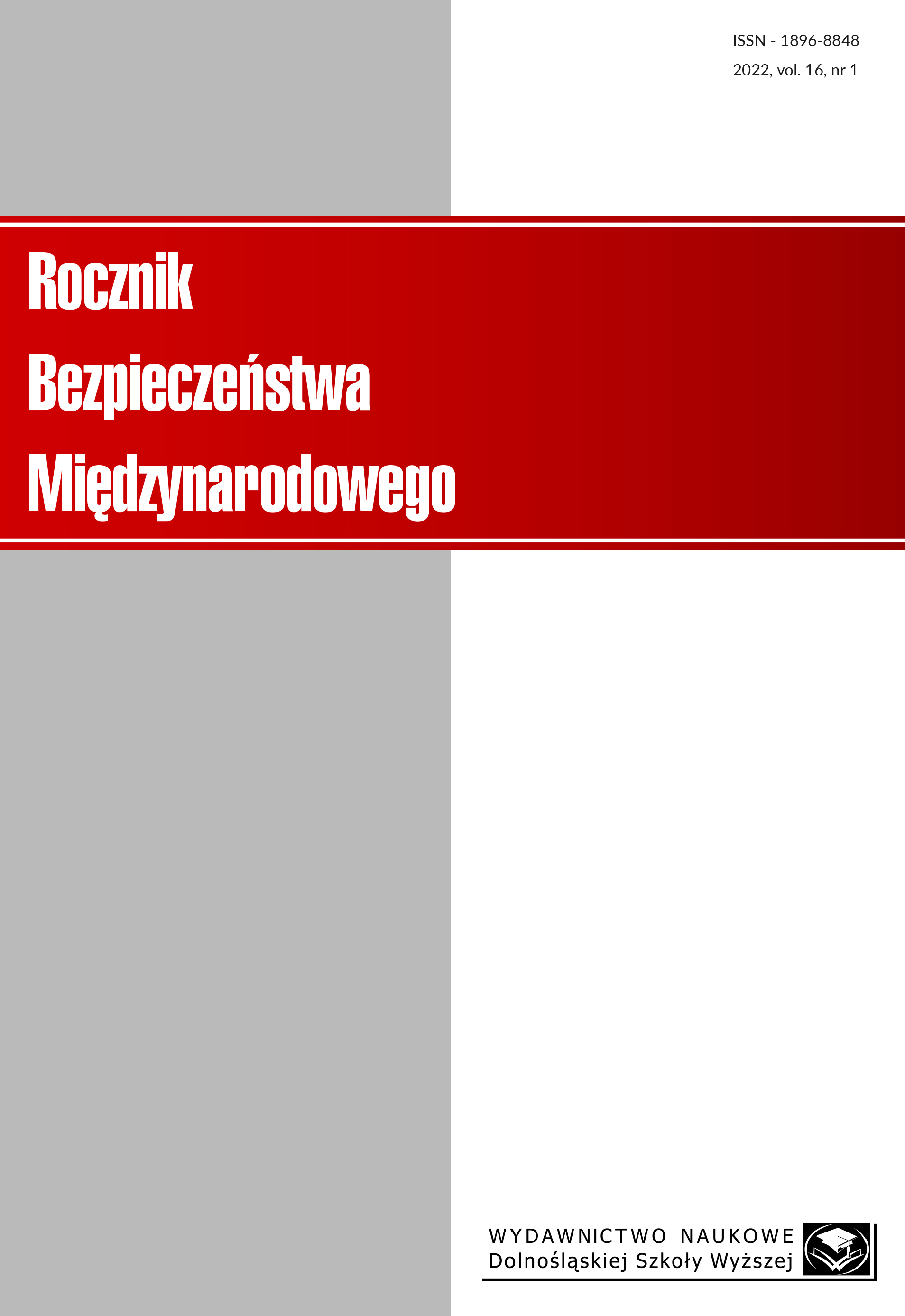
The main purpose of this article is to trace, present and analyze the development of “soft” antiterrorist approaches in the form of the so-called PCVE activities (i.e., “preventing and countering violent extremism”) in comparison with more traditional, “hard” counter-terrorism programs (CT) in four European countries: Belgium, France, the Netherlands, and Spain, from 2005 till 2020. In the article, due to a comparison of the local specificity in the area under research, differences and few similarities in the programs aiming at combating political violence in the four EU countries were demonstrated. Each and every state selected for this article has developed various activities and capabilities as an answer to the increasing terrorist threat: Belgium and France, especially until the period 2015–2017, have a preference for “traditional” hard counter-terrorist measures, while Spain and particularly the Netherlands have developed more sophisticated and comprehensive stance including “soft” PCVE approach.
More...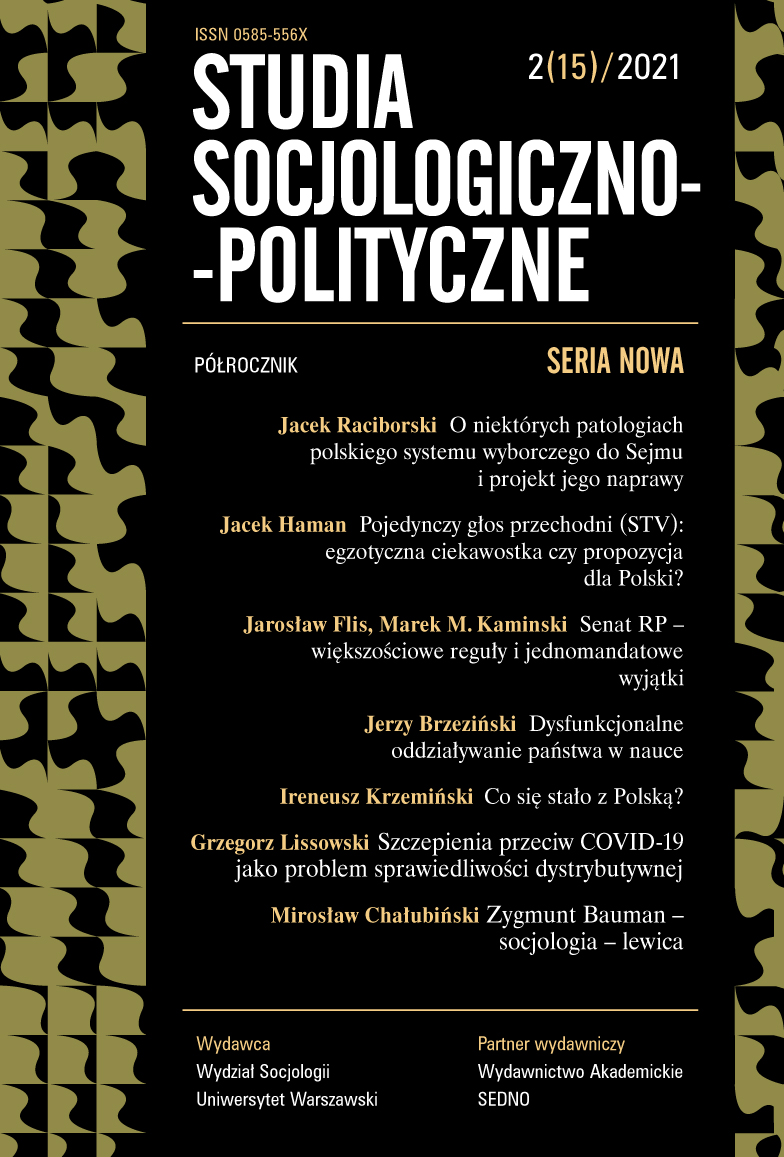
The author’s thesis in the article is that the process of state capture by the United Right is of a different nature than the actions undertaken by the political parties in power before 2015. A project of a illiberal counter-revolution is being implemented in a planned and consistent manner. The rejection of liberal democratic values involves the replacement of political and intellectual elites and attempts to impose and make dominant, with the support of institutions and resources at the disposal of the state, traditional values.
More...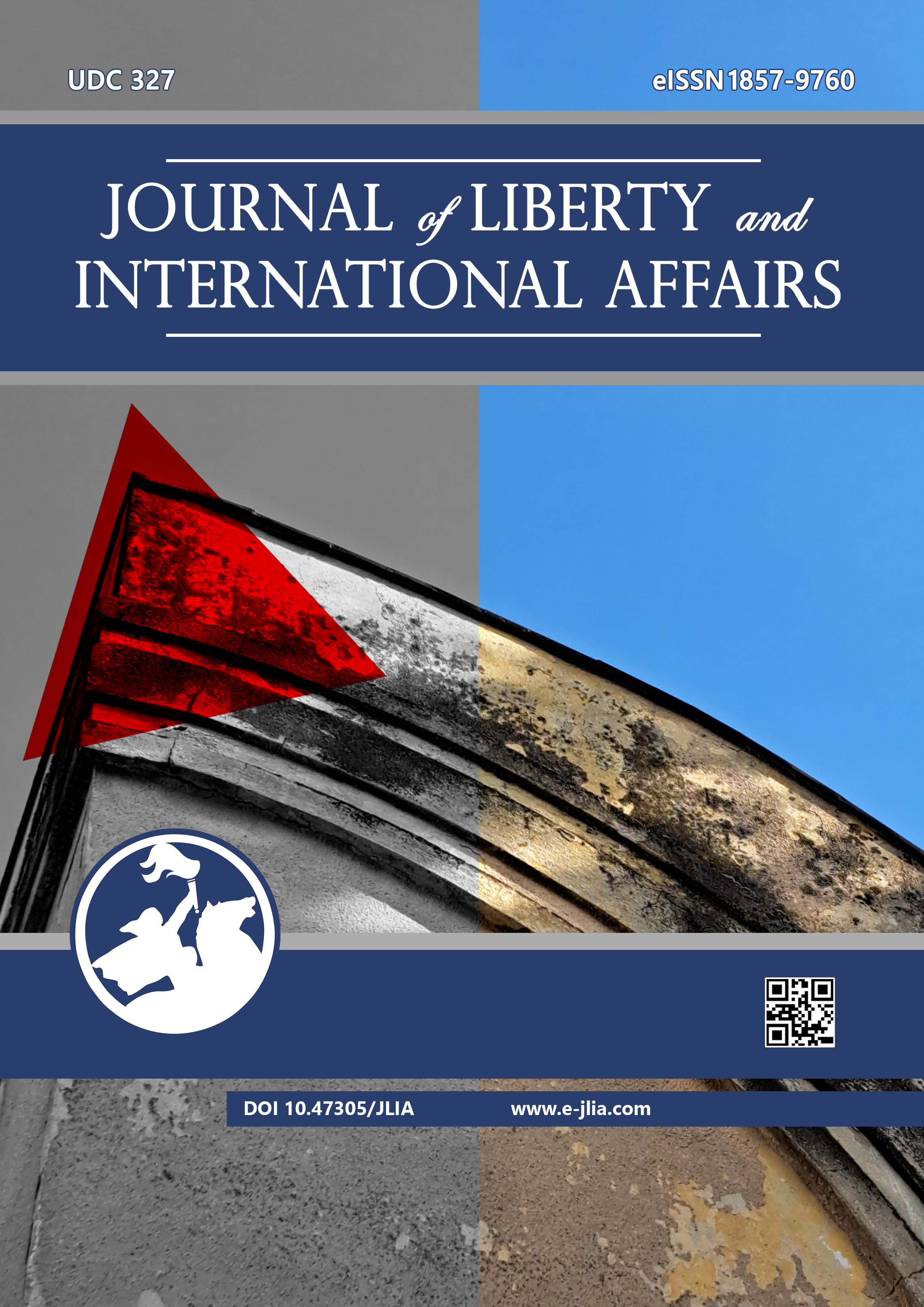
This article discusses a new model of the threat of Indonesian terrorism, especially in the East Java region. Indonesian terrorism continues to grow even more dangerous than before because terrorism has a dynamic nature following the times. The research method for this article was a literature study, with data collection techniques using the Harzing PoP 8 application and some data from Google Scholar. The relevant references collected were converted into RIS data types using the Mendeley application. The RIS data was then processed using VOSviewer software to visualize data about previous research related to a new model of the Indonesian terrorism threat. The authors found that terrorism has survived to this day because it found new ways of recruiting and carrying out its acts of terror. Terrorism no longer focuses on a man as the perpetrator but involves women and even children in their actions. Terrorism can also utilize technological sophistication to support group movements and their acts of terror. This is evidenced by the blocking of 600 social media accounts by BNPT, which often uploads radical content in Indonesia.
More...
The role of the geopolitical location of the Hashemite Kingdom of Jordan towards United States (US) foreign policy from 1990 to 2017 is the focus of this study, which addressed the impact of important regional and international political events, positively or negatively, on the development of relations between the two countries in terms of political and security aspects. The study adopted a qualitative approach, and primary data was collected through interviews with 16 participants from political, economic, and security experts in Jordan and the US. Thematic analysis was used to analyze the data obtained. The study concluded that US foreign policy recognizes Jordan as a close ally and considers its stability extremely important; Jordan has a suitable location to defend Israel because critical Arab countries surround it, and Jordan enjoys a unique geographical location in the Middle East. Some political events play an essential role in US foreign policy concerning security aid to Jordan, as the US links its aid to Jordan to political events.
More...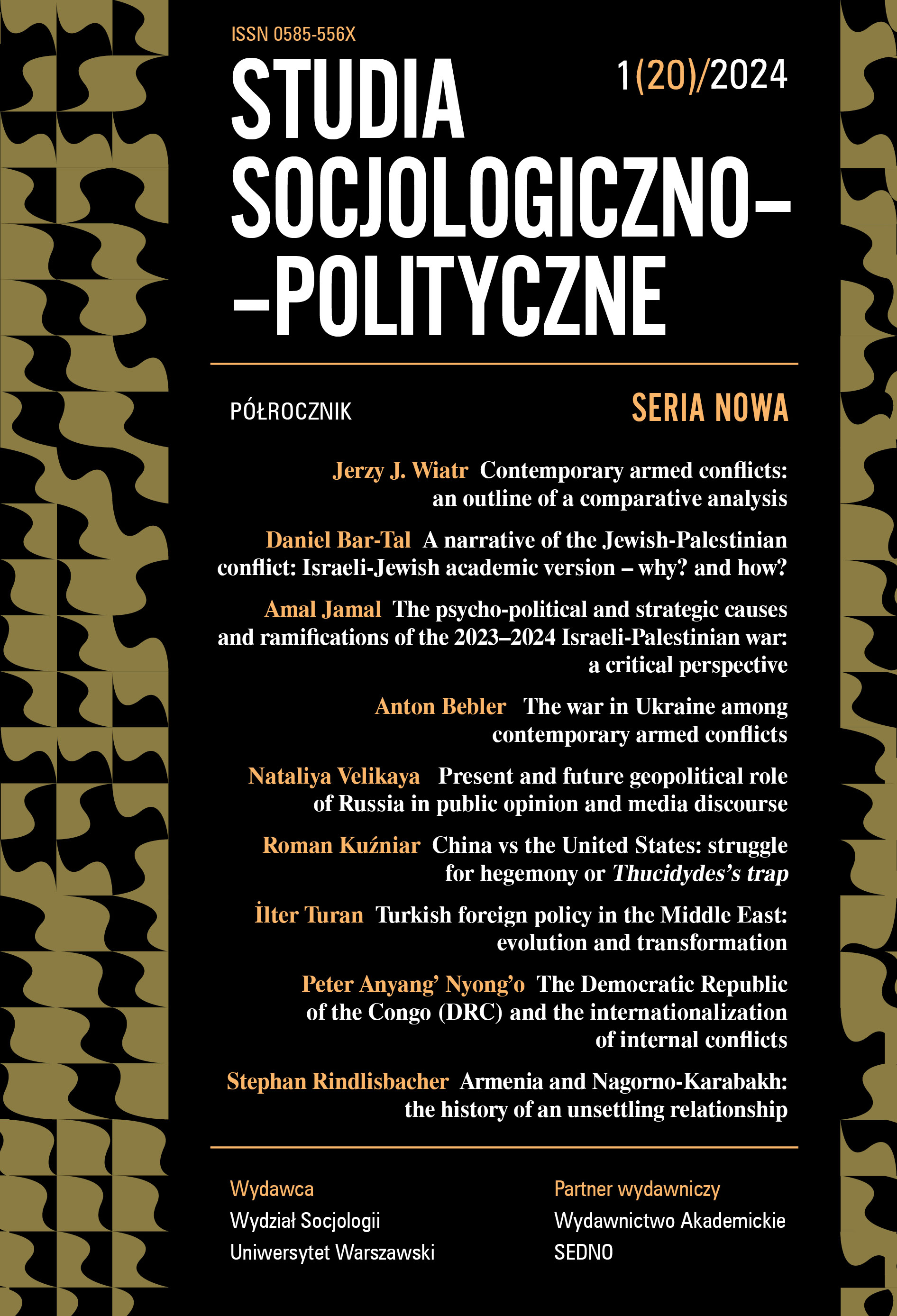
The following analysis of the Israeli-Palestinian war, which erupted on October 7th, 2023, contributes to explaining its causes, reasoning, consequences, and the necessary measures to end human suffering caused by it. It is argued that to understand its eruption, unfolding, and ramifications, we must look at the broader interplay between local, regional, and international factors. This integrative approach means that it iscrucial to explore the context that has fed its flames and determined its timing and brutality. This means that it is not possible to disconnect this war from profound developments in Israeli and Palestinian societies in the last couple of decades. It also means that although this war was instigated by a particular player, it is an integral component of a system composed of a balance of power between multiple players. Therefore, it resulted from polarity in a regional and international system of power in which players have sought to either maintain the status quo or change it to their advantage. Such an understanding enables us to highlight its strategic meaning and emphasize the moral measures that international players must take to avoid further Israeli-Palestinian wars in the future.
More...
After its founding, the Turkish Republic kept its distance from Arab affairs. During the interwar period, Türkiye worked to develop its own national identity while maintaining a balance between imperialist and revisionist powers. After WWII, Türkiye, threatened by Soviets, joined NATO whereas the newly independent Middle Eastern states viewed Russia as an anti-colonialist friend. The coming of détente and changes in Turkish economic policy toward export-led growth, guided Türkiye to develop closer economic relations with its neighbors. Its clear foreign policy rule, however, was not getting involved in the politics of any Arab country or in inter-Arab matters. The Arab Spring led the religiously oriented AKP to judge that Türkiye could lead Sunni-majority countries. Facing total failure, Türkiye is trying to restore former relations with regional countries but lacking trust, this is a slow and only partially successful process.
More...